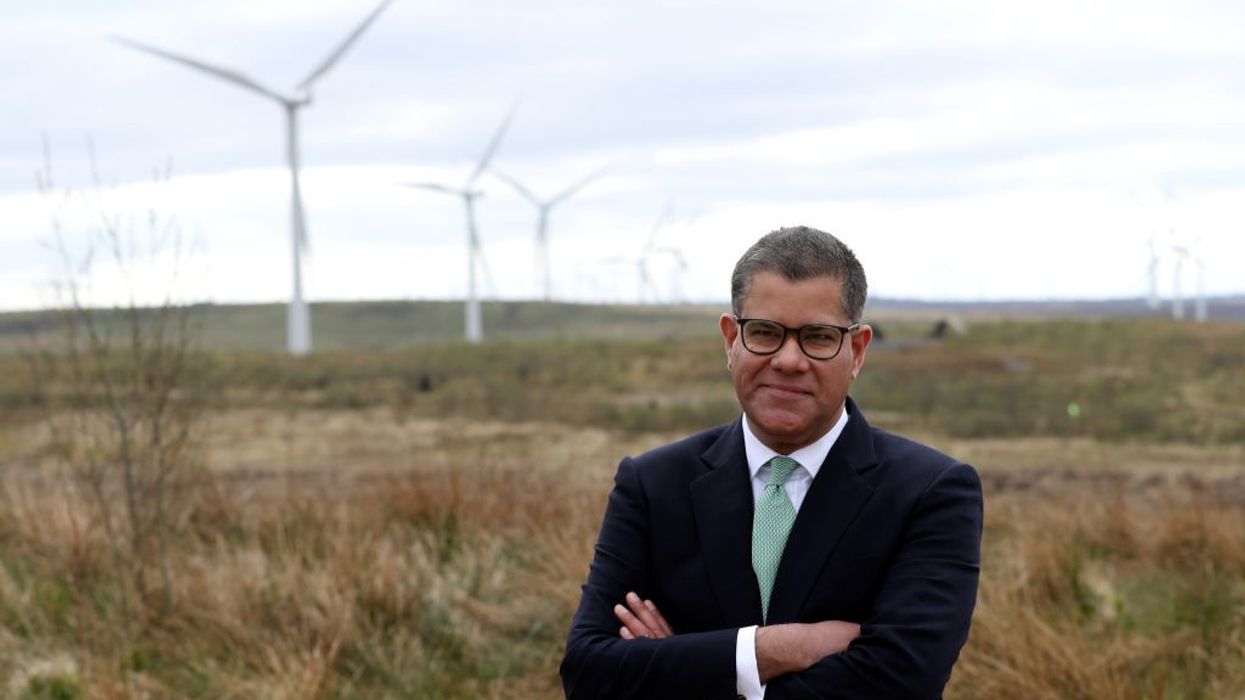THE UK's president of vital UN climate talks has expressed his 'disappointment' after ministers from more than 50 countries closed a two-day meeting in London without full agreement on phasing out coal, reported The Guardian.
Alok Sharma has said that countries around the world must agree to end the use of coal power to avoid the worst ravages of climate breakdown.
During the meeting, all countries have agreed to limit global heating to 1.5C. The Cop26 UN climate conference will be held in Glasgow in November.
Sharma said: “We were not able to get every country to agree to phase out coal power, which was very disappointing. We will certainly have more discussions in the coming months …Unless we get all countries signed up to a coal phase-out, keeping 1.5C in reach is going to be extremely difficult.”
The meeting was the first in-person meeting of climate and environment ministers since the last Cop [conference of the parties under the UN Framework Convention on Climate Change] in December 2019.
The lack of in-person meetings has been an obstacle to achieving the progress needed on key issues including emissions cuts, technical agreement on implementing the Paris climate agreement, and climate finance.
"Many countries had not yet come forward with national plans on cutting greenhouse gas emissions in the next 10 years, which scientists have warned will be essential to holding temperature rises to 1.5C above pre-industrial levels," Patricia Espinosa, the UN’s top climate official, told The Guardian.
According to experts, small islands will be among those worst afflicted by climate breakdown, and many face inundation at temperatures higher than 1.5C above pre-industrial levels.
Molwyn Joseph, cabinet minister in Antigua and Barbuda, who led the delegation of the Alliance of Small Island States (AOSIS) at the London meeting, said: “The message from small island developing states (SIDS) appears to be well received. This provides a level of hope that the major emitters are beginning to understand their responsibilities and should be committed to keeping the 1.5C goal in reach. Major emitters, especially the G20, need to redirect all fossil fuel subsidies into renewable energy investments.”
The UK and the UN also urged countries to come forward with concrete plans to hold heating to 1.5C, including targets on their national emissions for the next decade, and details of how they intend to reach their goals.
“It’s now time for the world to define the tools that will allow us to stay below 1.5C of global warming. After more than a year of a health crisis, this first physical meeting in London was an essential step for jolting the international community into action. We are 100 days away from the Cop. The countdown is on," Barbara Pompili, France’s environment minister, told The Guardian.
Many participants and observers noted the recent extreme weather around the world – in Europe, North America, China and other countries – which has given an added impetus to the talks, the report added.





